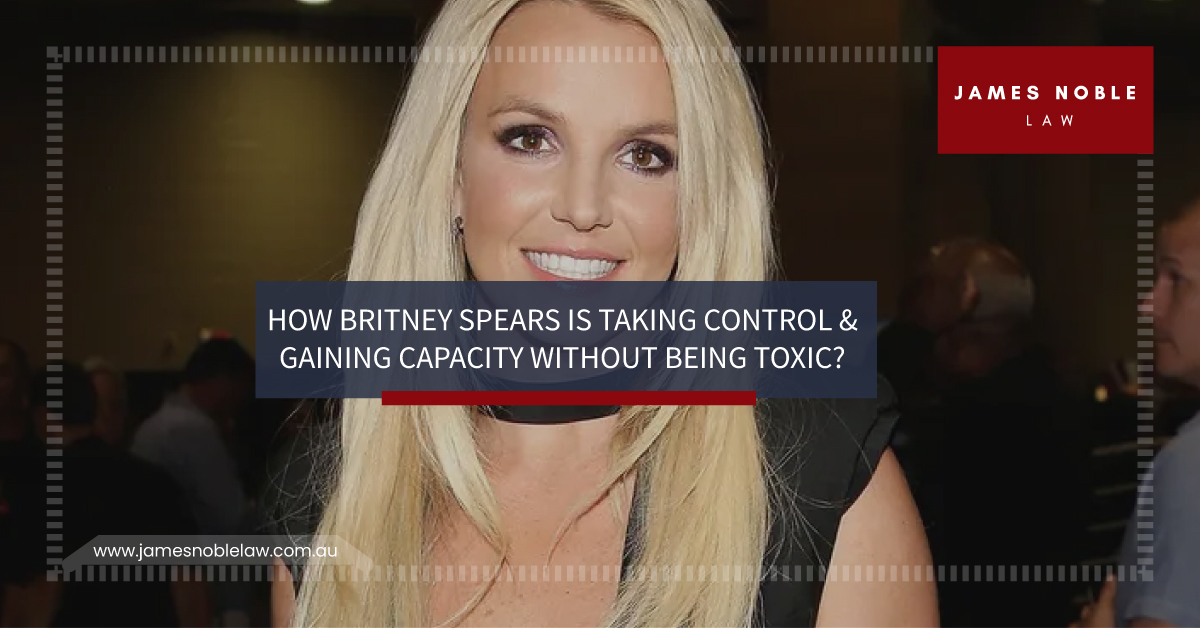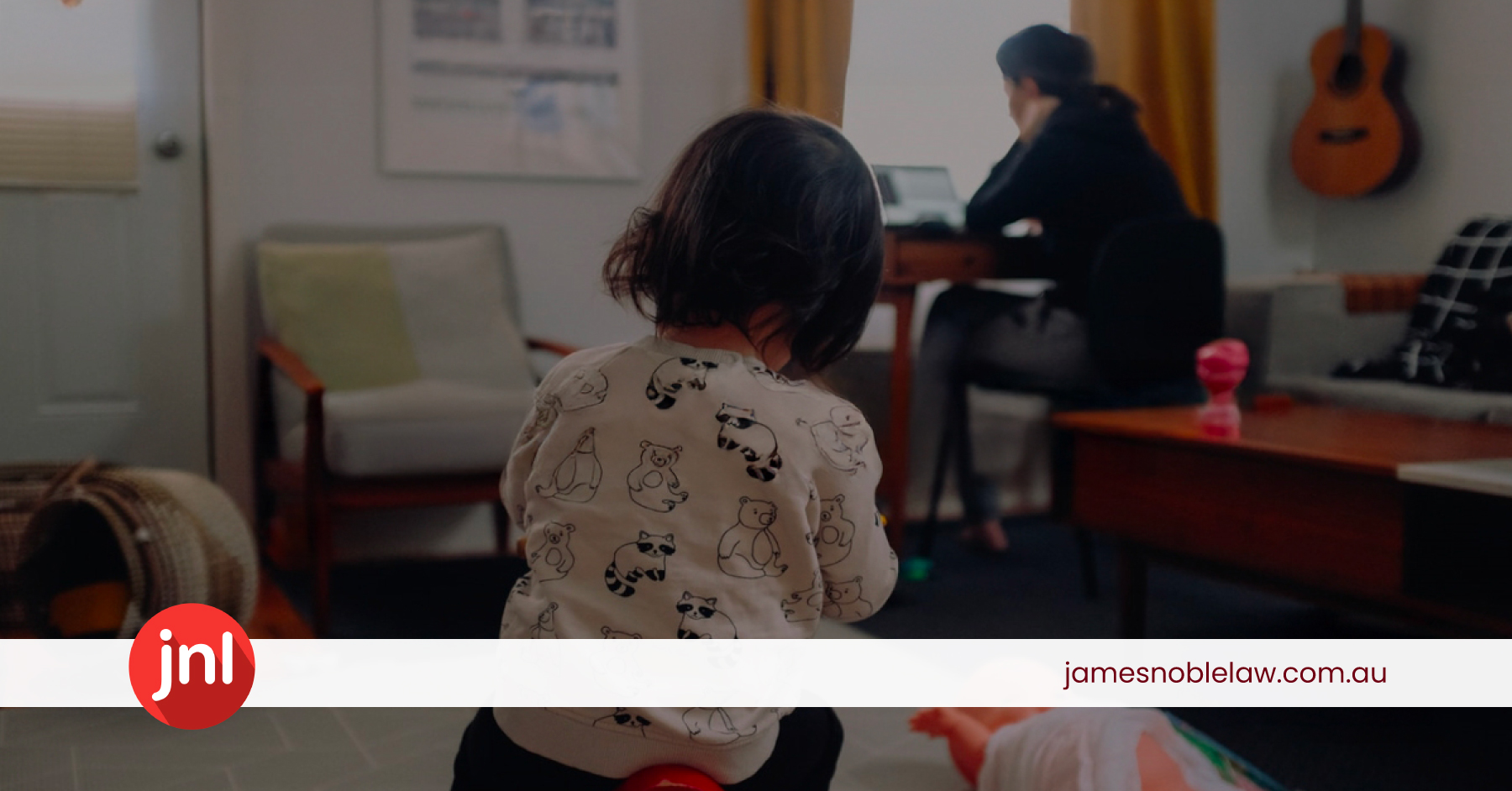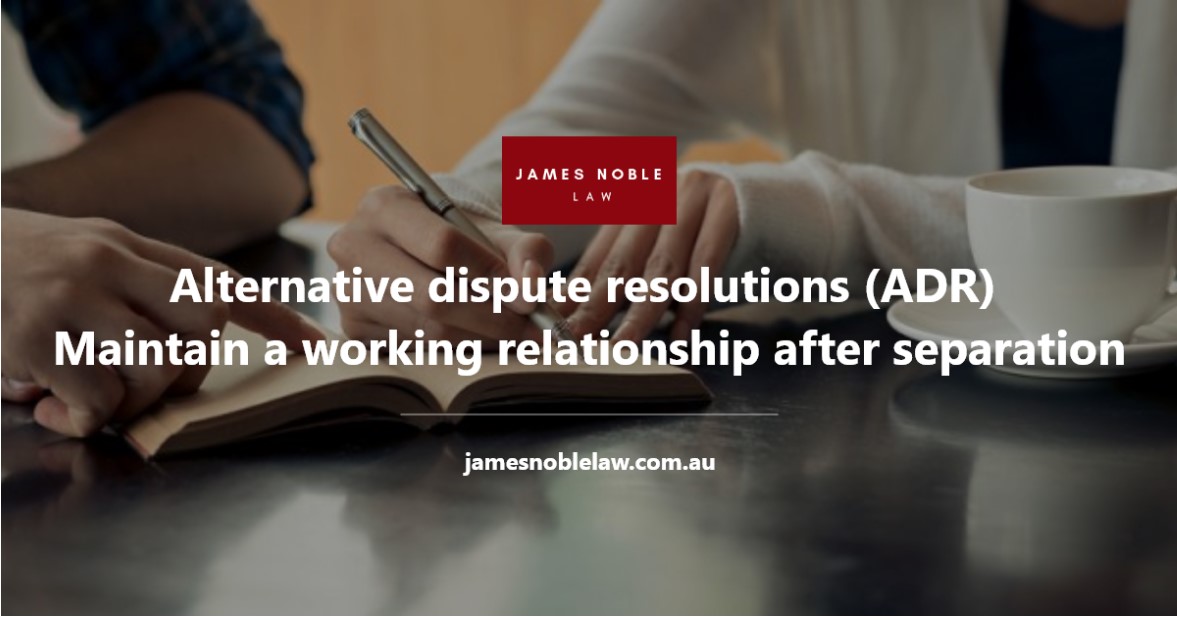Depp V Heard: What Did We Learn?
The infamous defamation trial instigated by Johnny Depp against his ex-wife Amber Heard has concluded, with Mr Depp being awarded $15 million in damages. However, punitive damages cannot exceed $350,000 in Virginia meaning that Johnny Depp will receive a total of $10.35 million. Separately, the jury ruled in favour of Amber Heard on a countersuit of defamation, with Ms Heard being awarded $2 million in damages. According to Michael Bradley of Marque Lawyers, the trial was conducted “like a circus”....
Read More
CENTRAL PRACTICE DIRECTION – WHAT DO YOU NEED TO KNOW?
Central Practice Direction The Federal Circuit Court of Australia and Family Court of Australia officially merged to form the Federal Circuit and Family Court of Australia (‘FCFCOA’) on 1 September 2021. The FCFCOA subsequently published the Central Practice Direction to detail the new case management pathway. As a practitioner or litigant in family law matters understanding the major structural changes to the system is imperative. Purpose of the Central Practice Direction The purposes of the Central Practice Direction are to...
Read More
What are Subpoenas in Family Law Matters?
Subpoenas in Family Law Matters It is common in family law proceedings for Subpoenas to be issued to third parties seeking information that is relevant to the proceedings. Such information is considered to be independent and can be very useful in proving or substantiating a parties claim. In the case of property settlements, subpoenas may be required to be issued to a bank or accountant for documents relevant to the dispute, perhaps if it is suspected that a party is...
Read More
Criminal Behaviors within Family Law Matters
Over the past few years, criminal law and family violence have increasingly interconnected with family law and child protection matters. At times family law matters, especially when involving children, can often reveal the complexities within a family, and therefore it is not uncommon for these complexities to also include some criminal elements which in family law can also be considered family violence. It is important to understand that this does not necessarily mean that the criminal elements/family violence are due...
Read More
The Dangers of Social Media in Family Law Disputes
Dangers of Social Media The rise of social media is impacting various areas of law, particularly family law proceedings. While sharing a social media post may seem harmless, a recent Family Law Review found that 81% of cases accepted social media evidence. There is no denying that an impulsive post can seriously affect the outcome of your matter. The dangers of social media in the context of family law proceedings cannot be overstated. Posts, photos, and comments made in the...
Read More
Family Court Orders: Breaches and Enforcement
Family court orders are binding Court orders are binding for all parties, regardless of whether it is on an interim or final basis. Despite this, breaches of court orders are still extremely common in family law. The important question is what can be done when dealing with breaches of orders? Ultimately, there are three options: Do nothing; File an application to vary or set aside the orders; File a contravention application to enforce the orders. When it comes to family...
Read More
Are you at risk of family violence?
Unfortunately, statistics are on the rise for family violence in contemporary Australian society, with studies determining that individuals are most at risk at the time of or shortly following separation. Usually this is as a result of increased stress, financial pressure and uncertainty surrounding the family breakdown. The uncertainty of parenting arrangements yet to be determined and property settlements that are not yet resolved can cause heightened emotions. Family violence in Australia can take on many forms. Commonly it includes...
Read More
Mediating Parenting Matters & S60I Certificates
Did you know that you need to have a mediation certificate before you can commence Court proceedings seeking parenting orders? The mediation certificate is also known as a Section 60I Certificate and is issued by registered family dispute resolution providers in the following circumstances: To confirm both parties attended mediation and made a genuine effort to resolve the dispute; To confirm both parties attended mediation but one party did not make a genuine effort to resolve the dispute; The practitioner...
Read More
Different Rules You Should Know About Surrogacy Laws in Australia
What is Surrogacy Laws in Australia? [caption id="attachment_11834" align="alignright" width="300"] surrogacy laws in Australia[/caption] Every day the number of children born via surrogacy arrangements in Australia and overseas is increasing significantly. By definition, surrogacy is a form of assisted reproductive technology whereby a surrogate mother offers to carry a baby through pregnancy on behalf of another person or couple (who medically or socially are unable to carry a child of their own) and then relinquishes the baby to the intended...
Read More
How Britney Spears Is Taking Control & Gaining Capacity Without Being Toxic?
Britney Spears is making international headlines yet again, but this time there’s no new album being released or a shot gun Las Vegas wedding. Ms Spears actively continues to strongly oppose the conservatorship which granted her Father control over her finances, financial and personal decisions that has been in place since 2008. Ms Spears primary objection is that the conservatorship is no longer warranted and that it has become oppressive and used as a method of control against her. The...
Read More
Covid-19 and Family Law
Covid-19 and Family Court of Australia With Melbourne currently in the midst of yet another lockdown as a result of the recent spread of Coronavirus, it’s important to know that the Courts remain up and running throughout this period. Did you know that there is a special dedicated COVID-19 Court List within the Family Court of Australia and the Federal Circuit Court of Australia? The COVID-19 List operates to deal exclusively with urgent family law matters that have arisen as...
Read More
Are you considering entering into consent order?
Documents Required for Consent Orders A Consent Order is a quickest and most cost-effective way to formalise an amicable property settlement agreement. If you and your former partner are able to reach an agreement as to how the property of the relationship is to be divided and, if that agreement is just and equitable, Consent Orders may be entered into. Consent Orders involve the filing of 2 separate documents, namely an Application for Consent Order (containing background information, the value of...
Read More
Statutory Time Limits in Property Settlements
Key Time Limits After Divorce and Separation There are two (2) very important Statutory Time Limits in property settlements that are critical for family law matters which clients should be aware of. These are summarised below: After a Divorce Order has been granted, parties have twelve (12) months from the date of the Divorce Order to commence Court proceedings seeking Orders for property settlement and/or spousal maintenance. Following the breakdown of a de facto relationship, parties have twenty-four (24) months from...
Read More
Notice of Child Abuse, Family Violence, or Risk in Parenting Proceedings
Notice of Child Abuse, Family Violence, or risk in Parenting Proceedings If you commence or respond to parenting proceedings, you will be required to file a Notice of Child Abuse, Family Violence, or risk, an Application or Response will not be accepted for filing without the notice. This document alerts the Court to possible risks to the child or children or even the parties themselves involved in the litigation. The most prevalent risks are often categorised as neglect, emotional abuse,...
Read More
Mental Health and Family Law
Mental Health and Family Law Separation is one of the most significant life events a person can experience. Worry, anxiety, and stress over the uncertainty surrounding the arrangements for the children, money, and a property settlement division can be extremely difficult to cope with under challenging circumstances. It’s therefore important that you prioritize your mental health and wellbeing during this time. Talk to your friends or family members for support. Take extended leave from work. Or consider seeing your GP...
Read More
What Are You Worth in Your Property Settlement?
What Are You Worth in Your Property Settlement? That is (sometimes) the million-dollar question. In determining what a client is worth in a property settlement, we (and the Court) utilise a 4 step process. The 1st step is to determine the value of the net asset pool that is available for division between the parties. This includes adding up the value of all the assets (whether in one party’s name or joint names), taking away all the liabilities and then...
Read More
5 Best Suggestions for co-parenting during COVID-19 in Australia
Best 5 Suggestions for co-parenting Australia during COVID-19 Today we brought five suggestions for you on "co-parenting Australia". The Australian Government restrictions are frequently changing to ensure the safety of the people and this means there has been more people in self-isolation and the norm of daily living has changed. Parents are working from home and schooling their children at home also, to a large degree, has moved online which can be stressful for many families. For parents who are...
Read More
How Australia Introduced ‘No Fault Divorce’ – And Why Our Family Law System is Under Review Again
No-Fault Divorce in Australia For decades, if you wanted a divorce in Australia, you had to prove your spouse was to blame. No-fault divorce was not legal by local law. The grounds ranged from habitual drunkenness to adultery, and many cases involved the use of private investigators. Some couples who privately agreed to separate would even have to stage adulterous trysts for later evidential use in court. This all changed in 1975 with the introduction of "no-fault divorce" and the Family...
Read More
Alternative dispute resolution (ADR) to Maintain a working relationship with your former partner after separation
How to avoid court? Alternative dispute resolution. Maintain a working relationship with your former partner after separation, especially if there are children For the sake of your family, especially your children, after a separation, it is important, if at all possible to do so, to maintain a working relationship with your former partner alternative dispute resolution. If only for a short period of time to help negotiate a resolution of financial and children’s issues. Seek a resolution of such issues...
Read More
How Australian Family Law Act Determines Your Entitlements to Property?
Australian family law act determines your entitlements to property James Noble is a familiar face and expert family lawyers in Brisbane have suggested some way to get your Property by the Australian Family Law Act. If you are searching for legitimate advice before divide family property. This article can be a cool source to help you make the thing happen legally and by the Australian Family Law Act. The four-step approach of the Family Law Act which was adopted by...
Read More






















